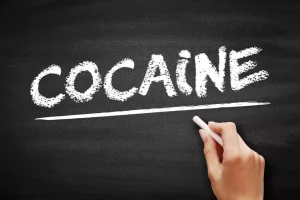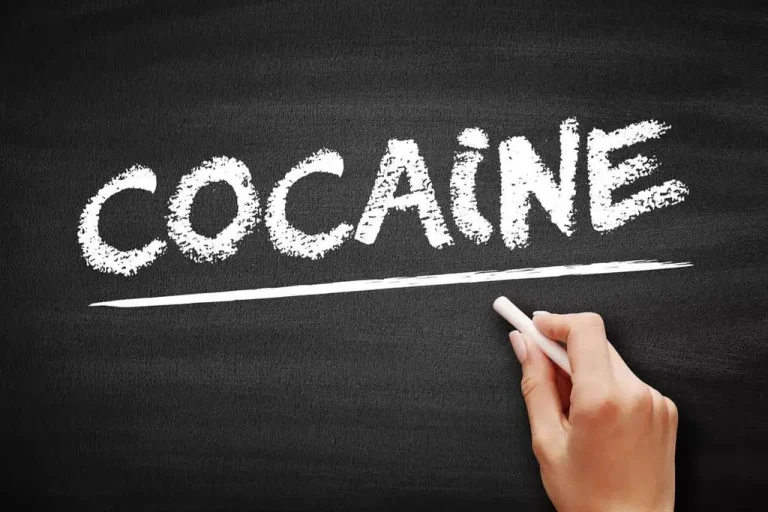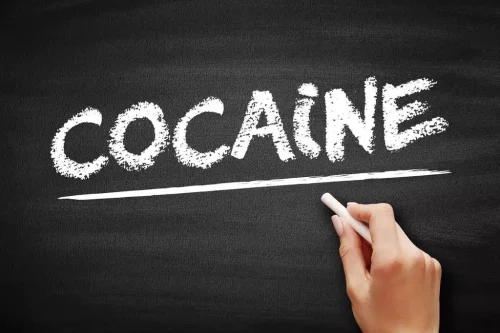
Some also affect decision making and impulsiveness, which can make it more difficult to resist drinking or using in the first place. The leading research on the subject, headed by Michael Skinner of Washington State University, suggests that if one or both of your parents abuse alcohol before conceiving a child, it leaves an epigenetic Alcoholics Anonymous marker. This marker is passed down to the child, even if they stopped drinking a considerable time before having children. This field is known as transgenerational epigenetic inheritance, and has been shown to have effect in instances where parents survived famine, went through stress or trauma, or even were in the military. Epigenetics is the study of heritable traits which are not expressed in the DNA sequence.

Does alcoholism skip a generation?

For example, Native Americans and Alaska Natives have been found to have an increased risk of alcohol dependence compared to other ethnic groups. However, it is important to note that genetics is only one contributing factor and cannot solely explain the prevalence of alcoholism in specific ethnicities. Environmental factors, such as upbringing, peer influence, and access to alcohol also play a role in the development of alcohol addiction. Understanding the genetic factors involved in alcohol withdrawal and detoxification has important implications for treatment. Personalized treatment approaches that take into account an individual’s genetic profile can potentially improve treatment outcomes. By identifying genetic variations that impact an individual’s response to alcohol and withdrawal symptoms, healthcare professionals can tailor treatment plans to address specific needs.

Results
Studies have identified specific genes involved in the regulation of neurotransmitters and stress responses that can impact an individual’s vulnerability to withdrawal symptoms. Variations in these genes can affect the severity and duration of withdrawal symptoms, making some individuals more likely to experience severe symptoms while others may have a relatively easier time during the detoxification process. Researchers have also looked at the concordance rates of alcohol addiction among twins to further understand the impact of genetics. Concordance rates measure the likelihood that if one twin has a certain trait or disorder, the other twin will have it as well. Studies have consistently found higher concordance rates for alcohol addiction among identical twins compared to fraternal twins, providing strong evidence for a https://ecosoberhouse.com/ genetic component.

Identifying Specific Genes
Rates of smoking are declining; however, studies reported during the past 20 years have indicated that as many as 80% of alcohol-dependent individuals are heavy smokers 14,15. Approximately 50% of the genetic vulnerability to nicotine dependence is shared with alcoholism, whereas 15% of the genetic vulnerability to alcoholism is shared with nicotine dependence 9. Alcoholism has a substantial heritability yet the detection of specific genetic influences has largely proved elusive. Moreover, it has become apparent that variants in stress-related genes such as CRHR1, may only confer risk in individuals exposed to trauma, particularly in early life.
- In many cases, the initial linkage studies were followed by moredetailed genetic analyses employing single nucleotide polymorphisms (SNPs) that weregenotyped at high density across the linked regions.
- It is important to note that while these genetic variations may increase an individual’s risk for alcoholism or mental health disorders, they do not guarantee the development of these conditions.
- Other factors, such as environmental influences and personal experiences, also shape an individual’s relationship with alcohol.
- However, it is important to note that genetics alone do not determine whether a person will develop alcoholism.
- In summarizing the recent literature it appears that light-to-moderate alcohol intake is less likely to be a risk factor for obesity than heavy drinking.
- Because epigenetic traits are often heritable, you can inherit them from your father or mother, or grandparents.
Other factors, such as friend groups and level of financial security, may be subject to change. Alcohol use disorder (AUD) is a diagnosis once referred to as “alcoholism.” It’s a condition characterized by patterns of excessive alcohol misuse despite negative consequences and major distress in important areas of daily function. In my own experience, once I had this epiphany, I immediately knew that there had to be things I could do to proactively repair my brain and fix my life. Once environment enters the picture, so does free will, and we see that we are not doomed to live bleak lives as perpetually relapsing alcoholics. Repeated episodes of prenatal alcohol exposure can rewire the brain of a fetus and forever alter its destiny with alcohol.
The stop codon carriers performed violently impulsive acts, but only whilst intoxicated with alcohol 85. PECRis located within broad linkage peaks for several alcohol-related traits,including alcoholism66,comorbid alcoholism and depression67, level of response to alcohol68, and amplitude of the P3(00)response69, 70. Aside from the immediate influence on appetite that comes from alcohol consumption, there are also effects on energy storage. Alcohol inhibits fat oxidation, suggesting that frequent alcohol consumption could lead to how do genetics affect a persons likelihood for becoming an alcoholic fat sparing, and thus higher body fat in the long term 62.